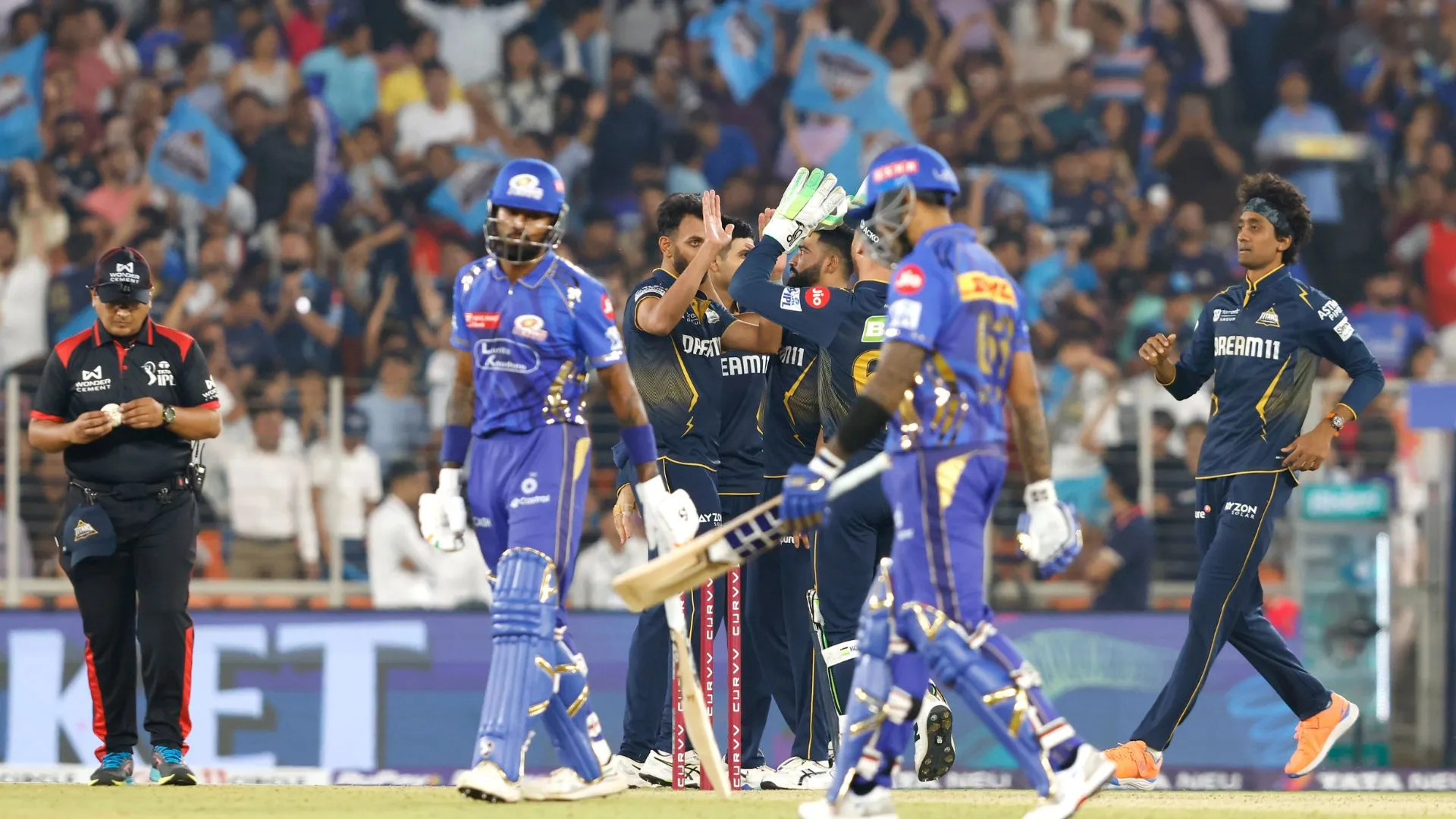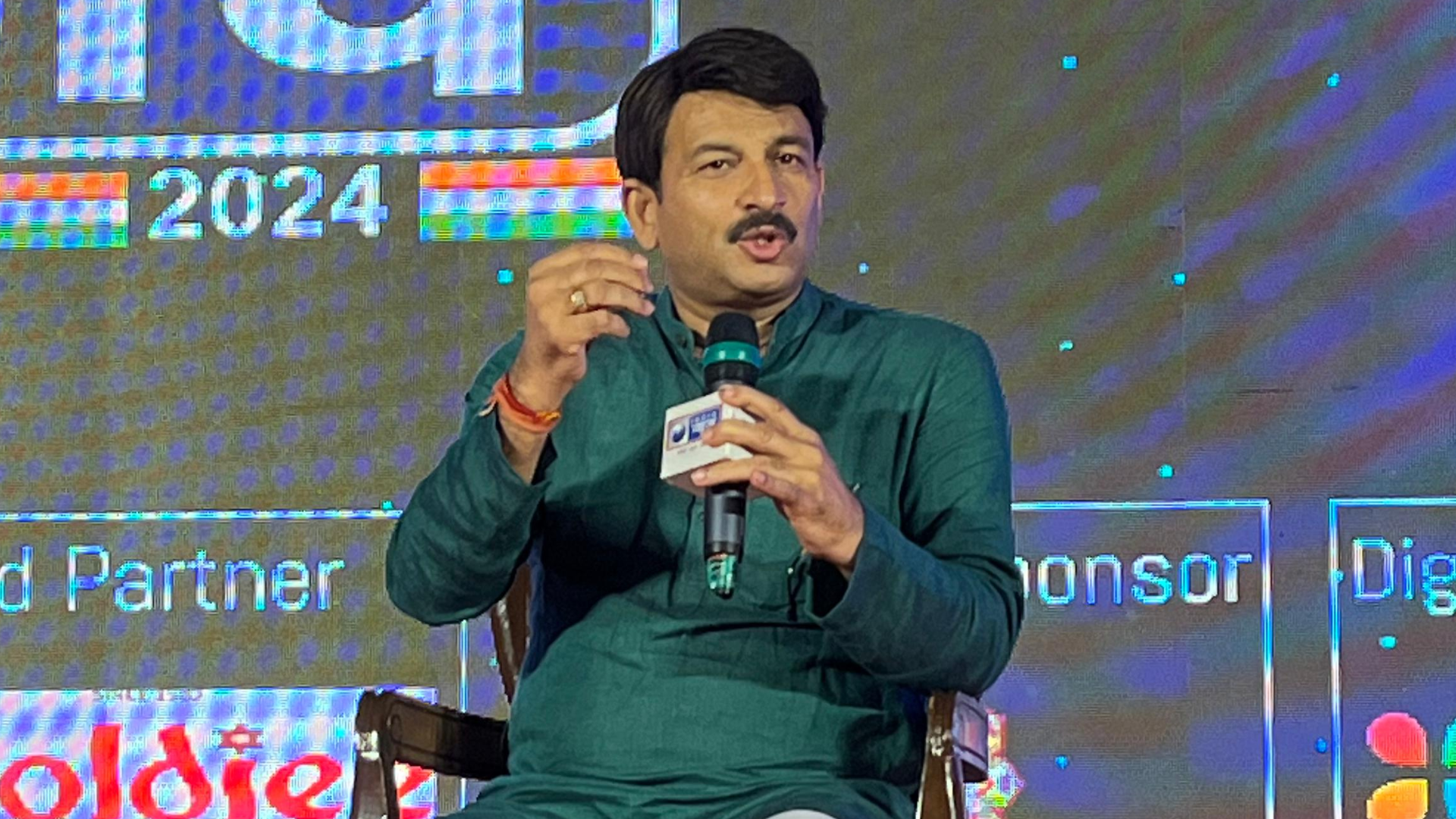Air pollution in Delhi has become a pressing issue, with its dire consequences affecting the health and well-being of millions. An exclusive survey conducted by NewsX sheds light on the public’s perceptions of the causes, responsibilities, and potential solutions to this persistent problem. This article delves into the survey’s findings, offering insights into what the citizens of Delhi believe about the factors contributing to air pollution and the effectiveness of governmental responses.
What Do Delhiites Believe is Behind the Winter Pollution?
The survey posed a crucial question regarding the primary causes of winter pollution in Delhi. The results revealed that a significant 41% of respondents attributed the issue to crop burning, while another 40% pointed to vehicular pollution as a major contributor. Only a small fraction, 3%, identified other sources, and 16% specifically mentioned Diwali crackers as a key factor in making the air unbreathable during the festival season.
The Role of Crop Burning and Vehicular Emissions
The high percentage of respondents citing crop burning indicates a widespread acknowledgment of the seasonal agricultural practice that exacerbates air quality issues in the capital. Coupled with vehicular emissions, which are a constant source of pollution, these factors highlight the need for a multi-faceted approach to tackling air quality deterioration.
Why Are We Failing to Tackle Air Pollution?
The second question posed by the survey addressed why air pollution remains a persistent problem despite various initiatives. A staggering 41% of respondents attributed the ongoing crisis to the political tug-of-war between the central and state governments. Additionally, 29% of the participants pointed to a lack of political will, suggesting that leadership is not prioritizing the issue effectively.
Technological Challenges and Funding Shortages
The survey also revealed that 26% of people believe a lack of technology is hindering progress in combatting air pollution. Only 4% felt that funding was a significant barrier, suggesting that while financial resources are important, they are not the primary obstacle.
Air Pollution: A Voting Issue in Delhi’s Elections?
With elections looming, the survey explored whether air pollution would influence voting decisions. A remarkable 67% of respondents indicated that it would indeed be a significant factor, while 31% disagreed, asserting that pollution would not affect their voting choices. Only 2% were undecided, illustrating a strong sentiment that air quality is a critical issue for voters.
Political Accountability and Public Expectations
The results underscore a growing expectation among the populace for political accountability concerning environmental issues. As citizens become more aware of the implications of air pollution on health and quality of life, they are likely to demand action from their elected officials.
Who Has Done a Better Job Addressing Air Pollution?
When asked which political party has effectively managed air pollution, the survey results were telling. The Bharatiya Janata Party (BJP) led with 19%, followed closely by the Aam Aadmi Party (AAP) at 15%. The Congress Party received a mere 8%, while a staggering 52% of respondents felt that none of the parties had done enough to address the crisis. This highlights a significant discontent with the current political landscape and a collective frustration over the ineffectiveness of party efforts to combat air pollution.
Public Frustration with Political Inaction
The overwhelming sentiment of disappointment in political leadership is further emphasized by the next question in the survey. An alarming 84% of participants expressed their dissatisfaction with the lack of governance and action concerning air pollution. This dissatisfaction stems from the direct impact pollution has on their lives and health, raising concerns about constitutional rights being compromised due to inadequate policies and ongoing political disputes.
The Real Reason Behind the Air Pollution Crisis
Despite being the fifth-largest economy globally, India struggles with air pollution challenges, especially in its capital. The recurring nature of this issue raises questions about why effective solutions remain elusive. The survey indicates a collective belief that without decisive action and cooperation between government entities, the air quality crisis will continue to pose a significant threat to public health.
The Need for Collaborative Solutions
The findings suggest an urgent need for a unified approach involving all stakeholders, including government authorities, environmental agencies, and the public. Implementing innovative technologies, enhancing public transport systems, and fostering community awareness are essential steps toward creating a sustainable solution.
MUST READ: Indian Railways To Operate 7,000 Special Trains For Festival Season




















